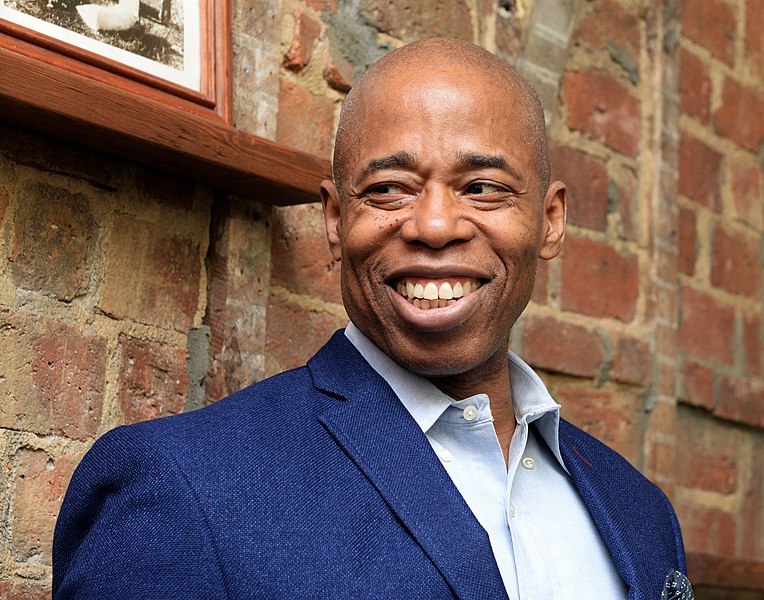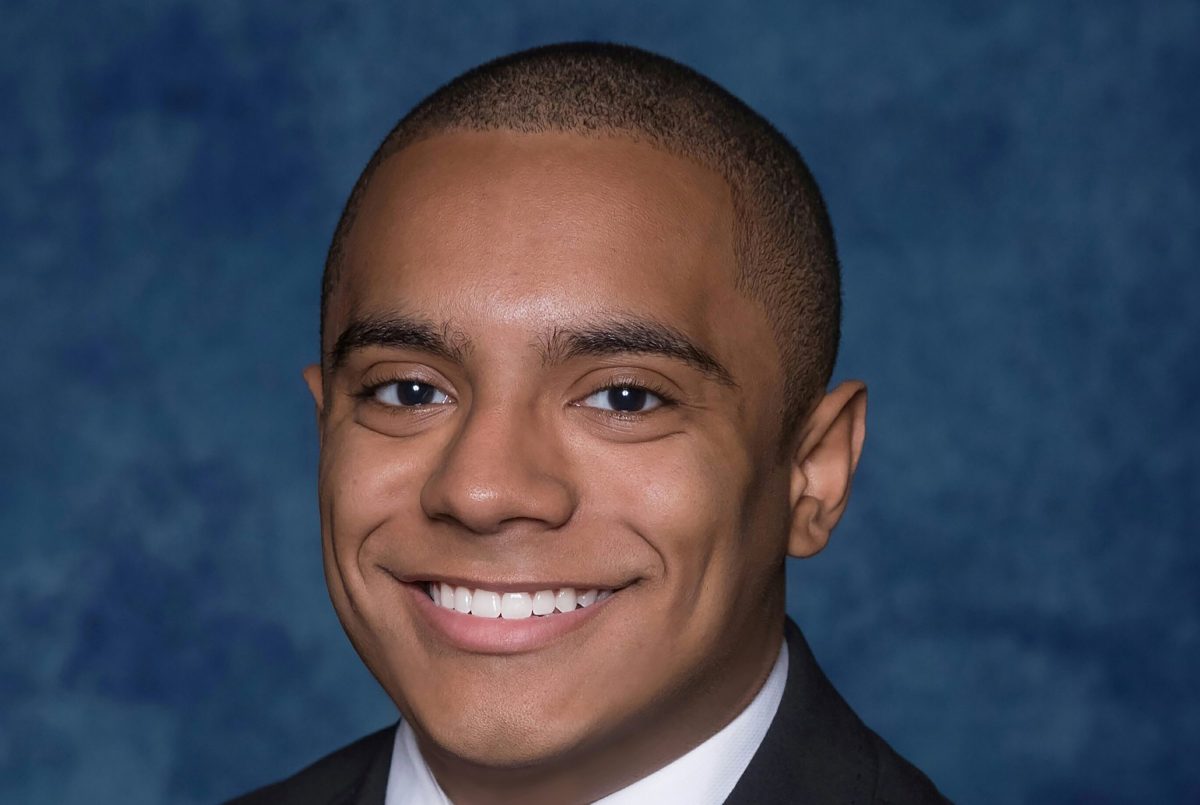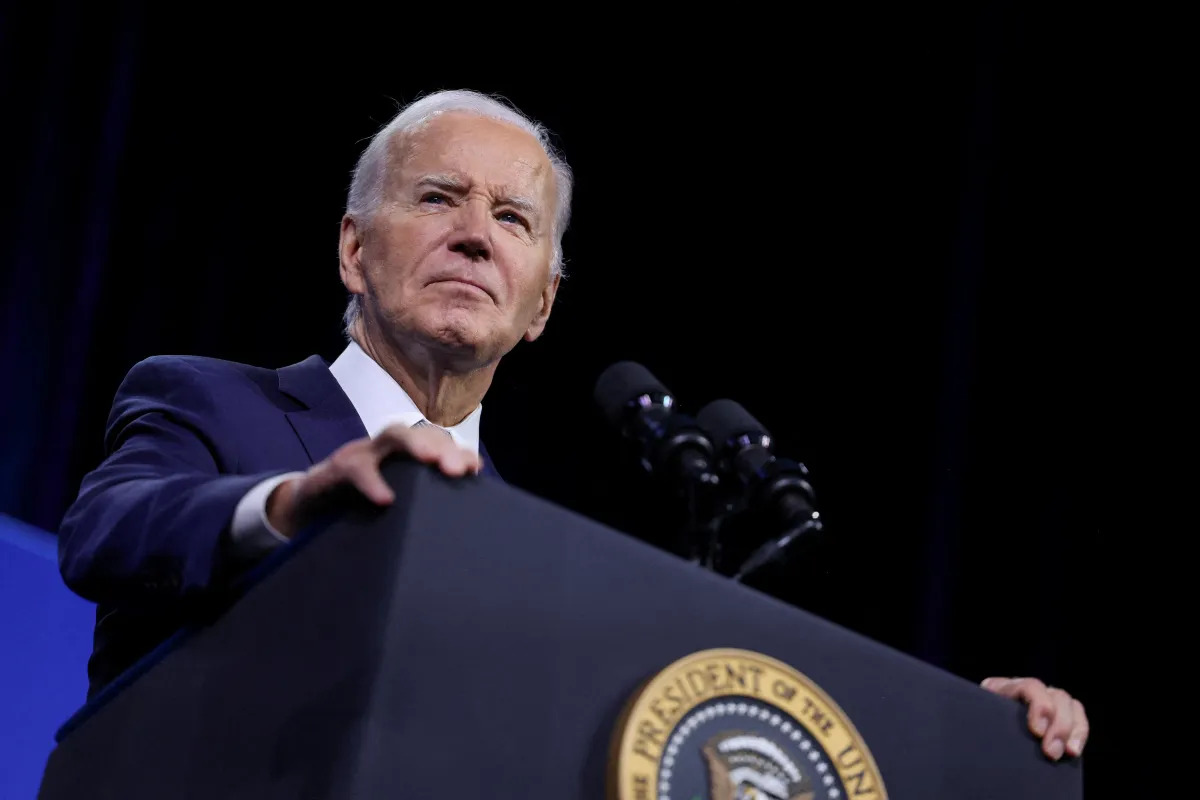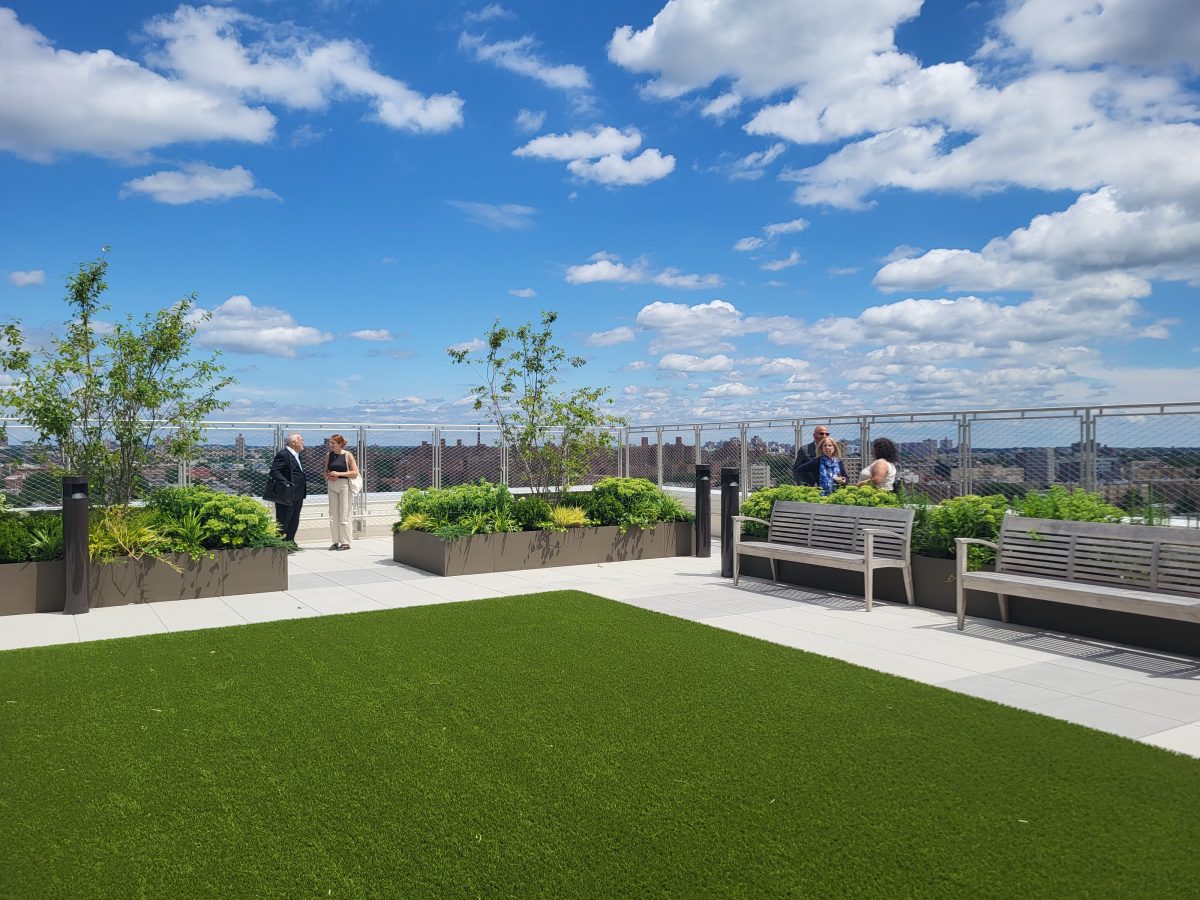Eric Adams has set out to be the opposite of Robert Moses when he is sworn in as mayor next year.
He called out the legendary building tycoon in an interview with Brian Lehrer on WNYC Nov. 10 and went even further to say that New York City’s infrastructure is racist. After the interview, Adams tweeted, “Yup. Racism is built into our infrastructure, and we need to confront and combat it. Capping the Cross Bronx Expressway is just the start!”
The controversial Bronx Expressway will be capped using money from President Joe Biden’s recently passed infrastructure bill. The overpass is linked to a neighborhood with some of the highest rates of asthma in the city. A cap on highways normally allows for a deck bridge with buildings or parks to be built over the road, reconnecting the areas on both sides and reducing the need for traffic underneath the road.
The Cross Bronx Expressway was built by Robert Moses, and while respect for him rings throughout all of the buildings and streets named after him, it is becoming clear to some politicians how the more harmful aspects of his work may have targeted neighborhoods deemed undesirable to white high-income residents.
Sophia, a Bronx resident, called in to WNYC to let the mayor-elect know her concern. “We have a lot of green spaces, we need to unite the Bronx that’s been divided by the Cross Bronx. The amount of air pollution that’s happening from the Cross Bronx is huge,” she said.
It’s an unfortunate truth that has physically divided a part of the Bronx in half. Splitting communities with highways happens all over the country—It’s happened recently in Los Angeles, leading to residents of color losing their homes. In the Bronx, it resulted in lower property value and a city-wide symbol for urban decay.
Transportation consultant Matt Carmody spoke with PoliticsNY about what he believes the true cost of infrastructure like the Cross Bronx is for communities of color. “It really dates back to the golden age of the automobile when Robert Moses came to power as a planner and later highway builder in New York City,” Carmody said. At AKRF, Carmody has worked with city residents to secure a grant in New Rochelle that can turn a roadway into a greenway, reconnecting a disadvantaged neighborhood to its downtown.
“It takes political attention so I’m glad we have that in the incoming mayor and I’m glad we have the stars aligning in the infrastructure money,” Carmody said.
Still, the concept of racism in infrastructure can rub many the wrong way, as culture wars being waged in the political landscape are requiring us to look differently at race. Carmody said that though racism in our government projects can be uncomfortable to talk about, it is still important to invest in communities that have been looked over.
“I think this mayor is going to have more equity built into his agendas for infrastructure investment so there is a fair allocation of infrastructure money to help road safety,” he said.











